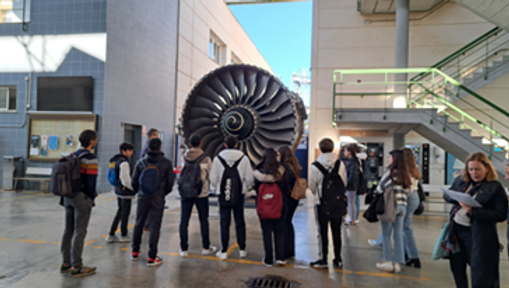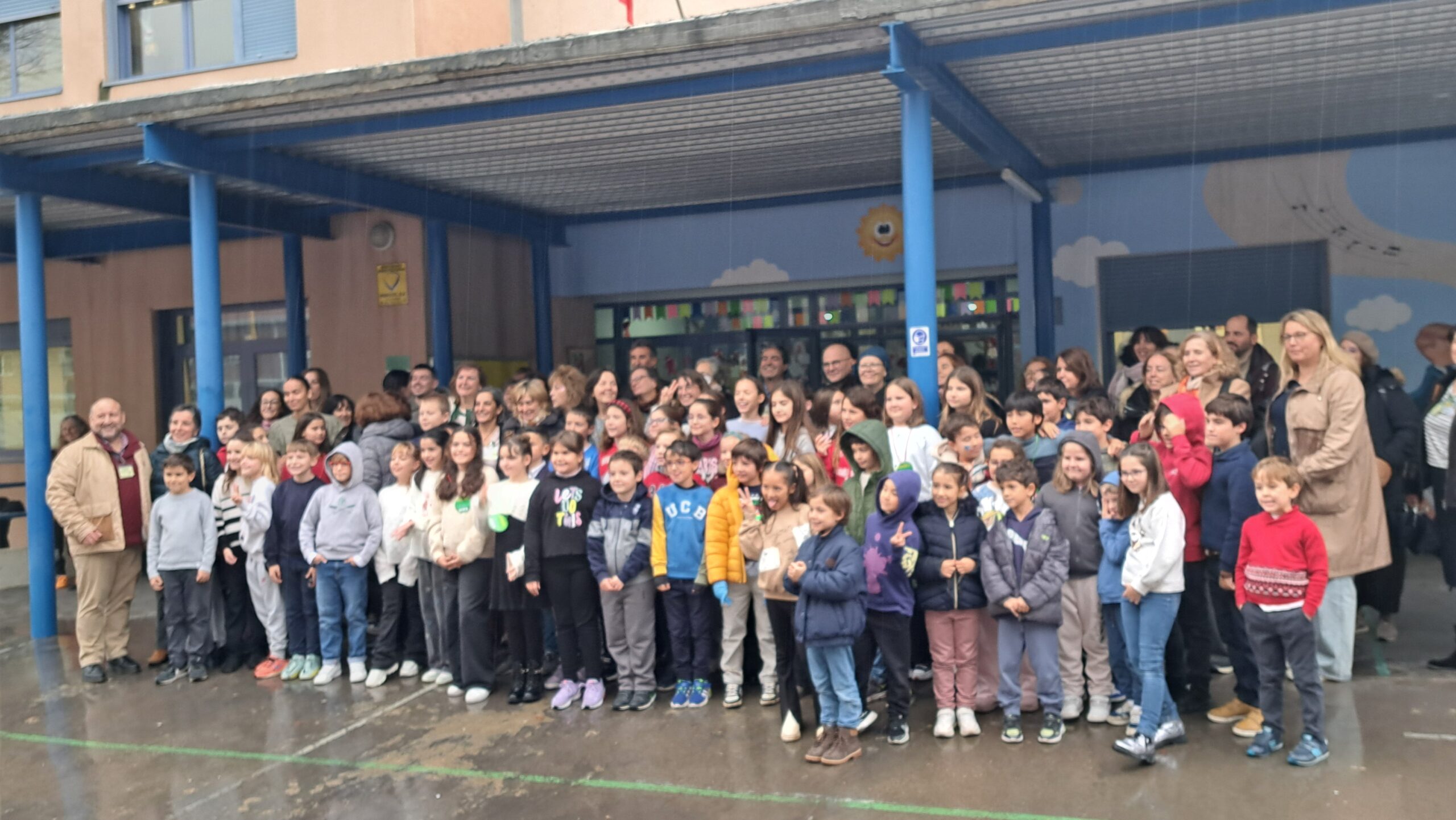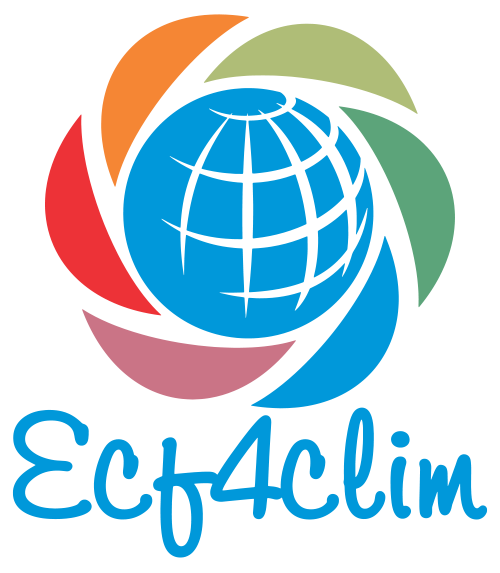Predicting the future, especially in a rapidly changing world with disruptive technologies and environmental challenges, is extremely difficult. In this dynamic context, education grapples with numerous challenges, particularly in discerning the competencies imperative for individuals to navigate the forthcoming societal landscape.
Nonetheless, drawing from our present comprehension, certain pivotal competencies emerge as essential facets that education must cultivate. These competencies are paramount in empowering individuals to not only adapt but thrive in an environment characterized by uncertainty and rapid transformations in the job market.
- adaptability and flexibility: The ability to adapt to new situations, learn new skills quickly, and pivot when necessary, will be crucial. With the pace of change accelerating, being able to adapt will be essential for staying relevant.
- critical thinking and problem-solving: In a world where problems are complex and multifaceted, the ability to think critically, analyze information, and come up with creative solutions will be invaluable.
- creativity and innovation: With automation increasingly handling routine tasks, human creativity and the ability to innovate will be in high demand. This involves thinking outside the box, generating new ideas, and approaching problems from different angles.
- resilience: The ability to bounce back from setbacks, deal with failure, and keep pushing forward in the face of challenges will be crucial in a rapidly changing and often unpredictable world.
- lifelong learning: With the pace of change accelerating, the idea of a single education followed by a lifelong career is becoming obsolete. Instead, the ability to continuously learn, upskill, and reskill throughout one’s life will be essential for staying competitive in the job market.
- emotional intelligence: As automation takes over more routine tasks, the ability to understand and manage emotions, communicate effectively, collaborate with others, and navigate social situations will become increasingly important.
- digital literacy: As technology continues to advance, being comfortable with digital tools and platforms will be essential in nearly every field. This includes not only basic computer skills but also understanding concepts like coding, data analysis, and digital security.
- cross-cultural competence: In an increasingly globalized world, being able to work effectively with people from different cultural backgrounds will be important. This includes not only understanding different cultures but also being able to communicate and collaborate across cultural boundaries.
- environmental literacy: With climate change and other environmental challenges becoming increasingly urgent, understanding environmental issues and being able to contribute to sustainable solutions will be important in many fields.
- ethical decision-making: As technology becomes more powerful, the ability to make ethical decisions and consider the broader societal implications of one’s actions will be increasingly important.
Are schools presently taking proactive steps to address these profound transformations? It’s possible that some institutions have already initiated this process, guided by a deeper comprehension of present shifts and impending challenges. Now is the time for critical reflection on how to best prepare for the future of our society. Such an endeavor necessitates the involvement of the entire societal potential; without it, our perspective may be too narrow to adequately address the vast uncertainties ahead.







